SGGP
Digital transformation continues to underpin economic recovery and transformation in Southeast Asia following the Covid-19 pandemic. As creators, distributors and users of digital technologies, digital economy companies (DECs) play a key role in this trajectory.
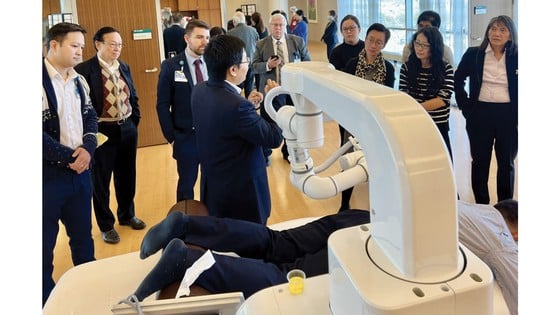 |
| Introducing Singapore's Emma AI diagnostic machine at the Singapore Startup Fair in February 2023 |
According to the East Asia Forum, consumer adoption of e-commerce and increased use of online platforms, especially in the finance and banking sector, has attracted more funding. This has spurred investment in startups and expanded the tech workforce. The emergence of “Unicorn” companies (startups valued at over $1 billion) in Southeast Asia has attracted a large amount of liquidity into the region. The “Unicorn” business model uses investment funds to scale rapidly by offering discounts and incentives to customers.
In 2022, the business models of unicorns and startups were hit hard by the global economic downturn. The resulting drop in investment capital caused a correction in the technology industry. DECs, especially unicorns, mitigated financial losses by laying off thousands of workers as they restructured. Only eight startups achieved unicorn status in 2022 compared to 23 in 2021. As the funding environment became bleak, investors began to establish dedicated debt funds to supplement capital raising for startups.
Unicorns have also changed their strategies to cope with the reduced capital inflow. According to experts, governments in Southeast Asia will have to step up funding and other incentives for startups. Singapore funds several programs to support startups, including Startup SG, which connects deep-tech startups, provides early-stage funding, commercialization, and proprietary technology development. Under this program, the government will co-invest in promising startups with outside investors.
The Tech for Good Institute and the Centre for Governance and Sustainability at the National University of Singapore (NUS) studied how 439 DECs across Southeast Asia shape their impact beyond financial numbers. The study found that DECs in Indonesia, Malaysia, the Philippines, Singapore, Thailand and Vietnam (the “SEA-6” countries) are now focusing more on cybersecurity and data protection issues. Meanwhile, environmental impact, from carbon emissions to waste management, is at a higher level. More than eight in 10 (85%) DECs expressed an intention to move towards sustainability.
Source



![[Photo] Party and State leaders attend the special art program "You are Ho Chi Minh"](https://vphoto.vietnam.vn/thumb/1200x675/vietnam/resource/IMAGE/2025/5/18/6895913f94fd4c51aa4564ab14c3f250)
![[Photo] Many young people patiently lined up under the hot sun to receive a special supplement from Nhan Dan Newspaper.](https://vphoto.vietnam.vn/thumb/1200x675/vietnam/resource/IMAGE/2025/5/18/6f19d322f9364f0ebb6fbfe9377842d3)


![[Photo] Ready for the top competitions of Vietnamese table tennis](https://vphoto.vietnam.vn/thumb/1200x675/vietnam/resource/IMAGE/2025/5/18/9c547c497c5a4ade8f98c8e7d44f5a41)













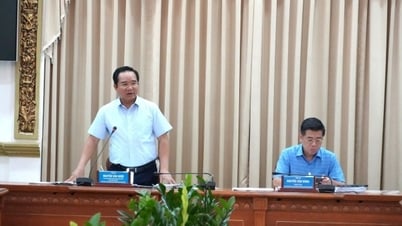
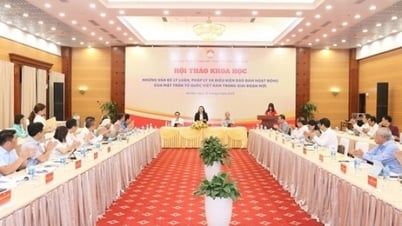

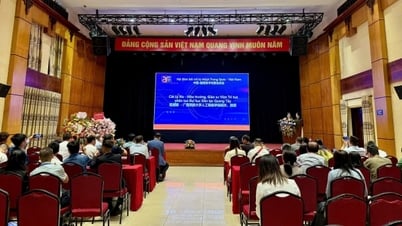





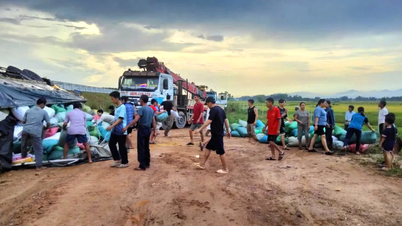
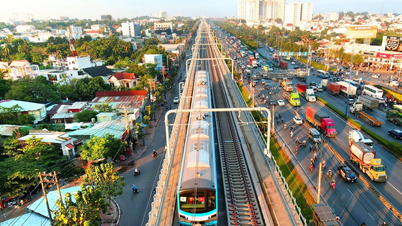

















































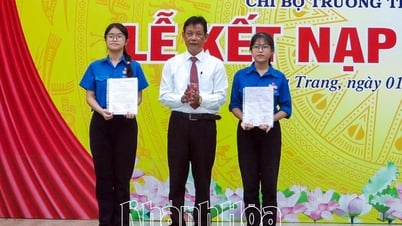

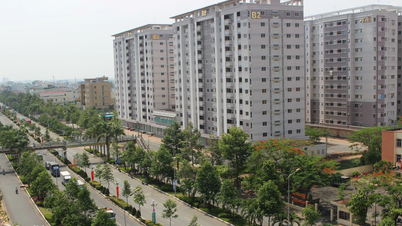

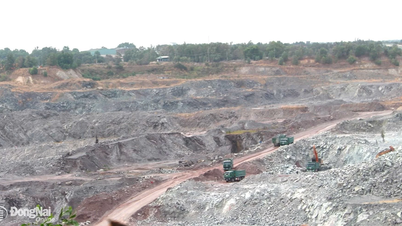
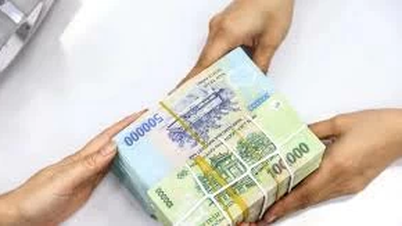
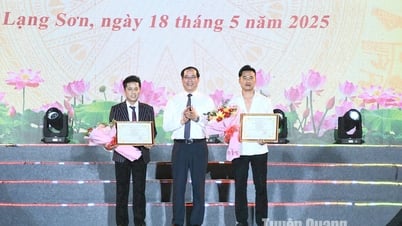













Comment (0)